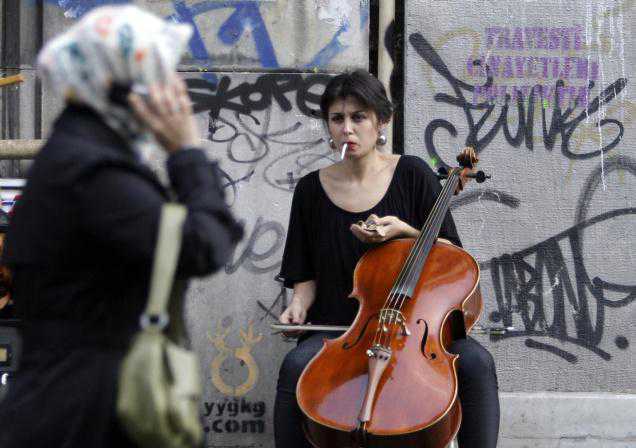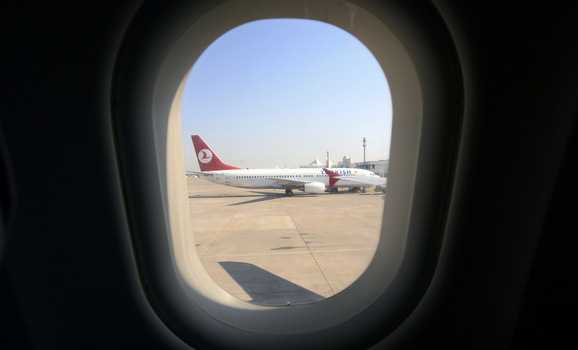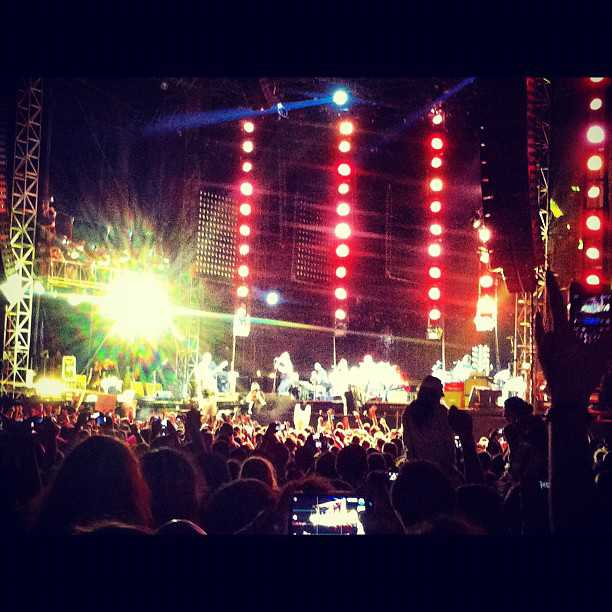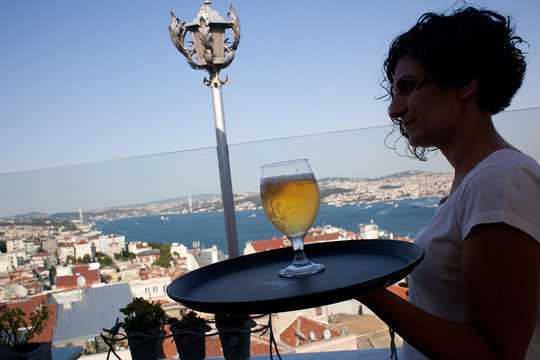Turkey is looking to crack down on boozy Aussies and Kiwis at Gallipoli by banning alcohol in the historic area.
Turkish politicians have backed plans to ban alcohol for Aussies and Kiwis at the Gallipoli site. (AAP)
Turkish politicians have backed plans to ban alcohol for Australians and New Zealanders who come every year to honour those killed in the World War I Gallipoli campaign.
Thousands of Antipodeans, many of them young backpackers, gather every April at the historic Gallipoli peninsula to honour their ancestors killed in the 1915 battle of Gallipoli.
A parliamentary committee on Wednesday voted in favour of a bill introduced by the Islamic-rooted Justice and Development Party (AKP) that would change the status of the Gallipoli peninsula from a national park to a historical area, where consuming alcoholic drinks is strictly banned.
The bill still needs to be passed by parliament, but the AKP holds a comfortable majority there, a parliamentary source told AFP.
The dawn ceremony on April 25 marks the first ANZAC landings at the Gallipoli peninsula in the ill-fated Allied campaign to take the Dardanelles Strait from the Ottoman Empire.
In the ensuing eight months of fighting, about 11,500 ANZAC troops were killed, fighting alongside British, Indian and French soldiers.
Close to 4500 people made the journey this year for the commemorations, with many spending a boozy night on the beach as they waited for the moment the first shots were fired.
The proposed bill imposes a fine of 5000 Turkish liras ($A2600) against offenders who drink alcohol outside licensed venues.
The AKP, which has angered secular Turks by restricting alcohol sales, said the move was in keeping with global standards.
“We just want to follow the international standards in the ceremony, which is attended by the leaders of 39 countries every year,” Culture Minister Omer Celik said, without elaborating.
But Ali Saribas, from the main opposition Republican People’s Party (CHP), accused the government of not respecting the culture of people “who come all the way from Australia”.
“Drinking wine is part of their culture, it’s their heritage. But the government has no respect for it,” he told AFP.
“I am sure they can find a way of allowing people to make their commemorations as they want, but I doubt they will.
“These people have been coming here for years and have never bothered the locals. They will either stop coming or try to cover their wine or beer bottles, which will make Turkey look very ridiculous,” he said.
via Turkey to ban alcohol at Gallipoli | SBS News.




